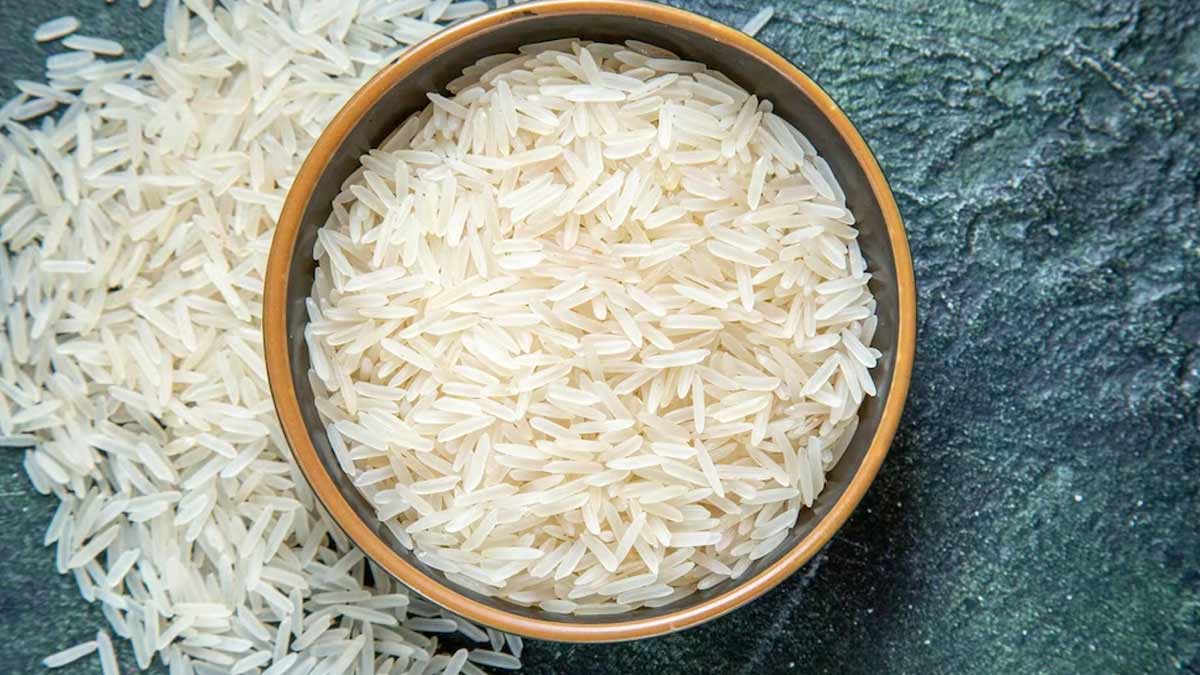
Do you know resistant starch has received a lot of attention in nutrition science due to its unique health benefits? Very different from traditional starch, which breaks down fast, resistant starch goes through the stomach and small intestine undigested, arriving in the colon where it works similarly to dietary fibre. This odd behaviour has a number of health benefits, ranging from improved digestion to blood sugar regulation. Let’s know about the health benefits of resistant starch.
Table of Content:-
Enhances Digestive Health
“As a fermentable fibre, resistant starch serves as a prebiotic, feeding beneficial bacteria in the gut. This fermentation process produces short-chain fatty acids (SCFAs), such as butyrate, which are important for colon health,” said Dr Sanjay Chaudhary, VMMC, New Delhi.
“Butyrate has been shown to nourish colon cells, reduce inflammation, and reduce the risk of colorectal cancer,” Dr Chaudhay added.

Also read: 6 Starchy Foods to Avoid If You’re Trying to Lose Weight
Aids in Blood Sugar Control
Based on a 2017 study conducted by British Science Foundation, these starches may help people eat less while also improving intestinal health and blood glucose control.
This can be particularly beneficial for individuals with diabetes or prediabetes, as it helps manage postprandial (after-meal) blood glucose and insulin sensitivity.
This Diet Supports Weight Management
Due to its fibre-like properties, resistant starch can increase feelings of fullness and reduce appetite. This can lead to a natural reduction in calorie intake, aiding in weight management and obesity prevention. Further, the production of SCFAs from resistant starch fermentation can increase metabolism, potentially contributing to weight loss efforts.
Improves Insulin Sensitivity
A 2020 analysis published in the National Library of Medicine, discovered that resistant starch resulted in much lower fasting blood glucose levels than digestible starch, but it did not have as dramatic an effect on insulin.
Regular consumption of resistant starch may improve insulin sensitivity, the effectiveness of the hormone insulin in lowering blood sugar. Improved insulin sensitivity can help prevent metabolic syndrome and type 2 diabetes, conditions associated with insulin resistance.

May Lower Cholesterol Levels
Some studies suggest that resistant starch can help lower blood cholesterol levels. The mechanism may involve the production of SCFAs, which have been shown to inhibit the synthesis of cholesterol in the liver.
Enhances Mineral Absorption
There is evidence to suggest that resistant starch may improve the absorption of minerals like calcium and magnesium. This could have a positive impact on bone health, though more research is needed to fully understand these effects.
Sources of Resistant Starch
Resistant starch is found in several foods, including:
- Unripe bananas and plantains
- Cooked and cooled potatoes, rice, and pasta
- Legumes like lentils and beans
- Whole grains and some seeds
- Commercially available resistant starch supplements
Also read: Starch Supplement May Reduce The Risk Of Some Hereditary Cancers
Incorporating Resistant Starch into Your Diet
To get the health benefits of resistant starch, incorporate more of the foods listed above into your diet. One simple method is to prepare meals like salads using cooked and cooled grains or beans. Eating slightly under ripe bananas is another simple technique. To avoid discomfort, gradually increase your fibre intake to allow your digestive system to acclimatise.
Resistant starch offers a range of health benefits, making it a valuable addition to a balanced diet. From improving gut health and aiding in weight management to supporting blood sugar control, the inclusion of resistant starch-rich foods can contribute significantly to overall wellness. As dietary habits evolve, identifying such beneficial nutrients can help enhance health outcomes and prevent chronic diseases.
Also watch this video
How we keep this article up to date:
We work with experts and keep a close eye on the latest in health and wellness. Whenever there is a new research or helpful information, we update our articles with accurate and useful advice.
Current Version